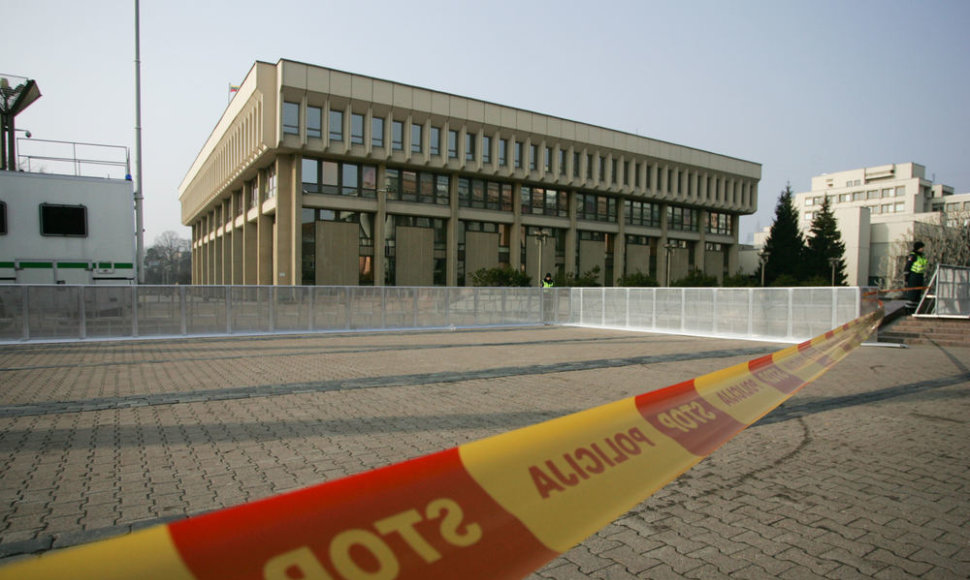Having honoured the Lithuanians deported during the Soviet occupation in the 1940s with a prayer, the conference regarding the nature of morality began with a solemn atmosphere, laden with respect for the dead.
“History is a fight against being forgotten,” Donatas Puslys sums up the importance of maintaining the heritage of those who had fallen for the country. The legacy of the deceased, according to Puslys is “the law of love – we have to love everyone.”
He also expresses his desire to see a more active civil society, including a more energetic participation of Catholics in politics in order to “take care of the entire community’s welfare.”
Laurynas Kasčiūnas argues that the morality of the 21st century is leading to cultural decline, inequality and is eroding the role of being a person (sees society as an integral part of life), which is replaced by being an individual (sees the community as unnecessary, even burdensome).
Yes, it's true that moral hazards exist, but will anyone tell us how to fix the problem? Probably not.
Priest Gediminas Jankūnas mentions that the discrepancy between law and morality has led to a “dictatorship of relativism.”
“Which person do we allow to create the norms that govern us? The strongest? The richest? The sexiest?” The priest wonders out loud, whether it is possible to move to a truly democratic form of legalism based on morality and in the interest of all the people who are governed.
Vygantas Malinauskas offers a legal perspective to the debate, stating that lawmaking should be done in the best interests of the society. “Natural law only has meaning when it exists within the context of universal moral principles.”
He further notes that discussions about the nature of human character usually involve disagreements about the details, not the essence of morality.
“Yes, it's true that moral hazards exist, but will anyone tell us how to fix the problem? Probably not,” Valentinas Žemgulys, a member of the audience at the conference, notes how rhetoric alone is not enough to solve the question of moral relativism.
The devaluation of communal bonds and the promotion of individualism leads to problems in society, namely: the lack of universal respect for others; reduced unity; scarce tolerance for anyone, whose views differ from one’s own.
The solution? Reevaluating the value of society in one’s own development and promoting love, as Puslys so elegantly put it.
After all, history and countless sacrifices have taught the people of Lithuania what being a nation state is all about: strength gained from unity, tolerance, and the acceptance of everyone.












